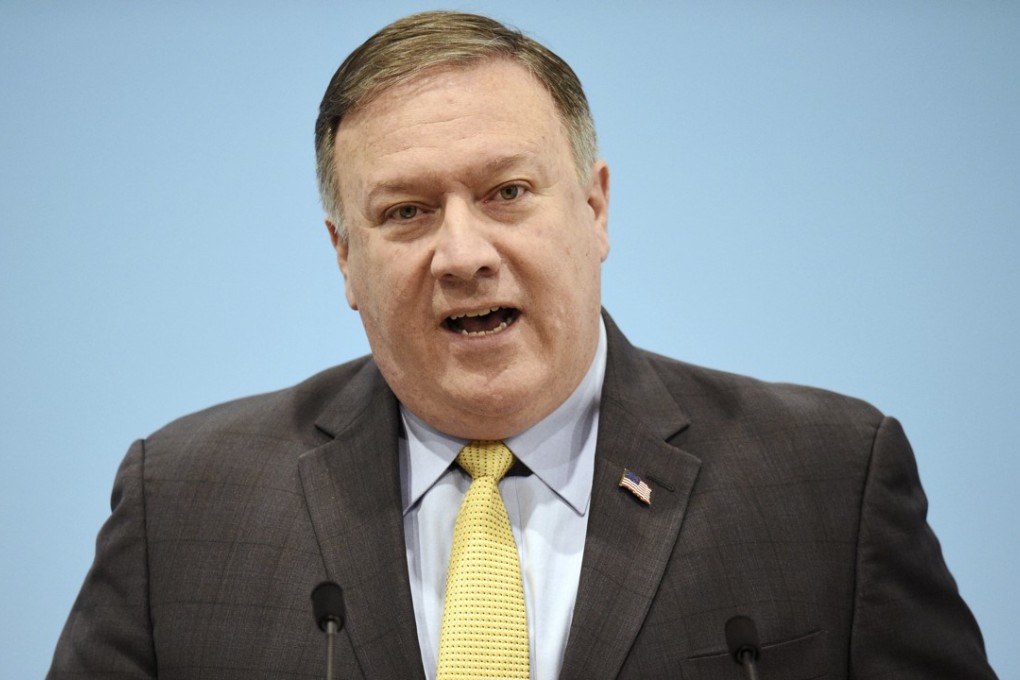Leaked Pompeo statement shows debate over ‘genocide’ label for Myanmar
The US Secretary of State plans to speak this week about a State Department investigation into a horrific campaign of violence against Myanmar’s Rohingya minority

This story is published in a content partnership with POLITICO. It was originally reported by Nahal Toosi on politico.com August 13, 2018.
A US State Department investigation has found that Myanmar’s military exhibited “premeditation and coordination” ahead of a slaughter of Rohingya Muslims last year in one of the decade’s most horrifying mass atrocities.
Draft excerpts from a Pompeo statement obtained exclusively by POLITICO include the bracketed phrase “hold for determination” in a passage that will offer Pompeo’s conclusion about how to describe the vicious campaign against one of Myanmar’s most vulnerable ethnic minority groups.
That conclusion has been the subject of intense debate within the Trump administration, officials say. Declaring a genocide – typically defined as a premeditated effort to wipe out some or all of a specific ethnic or religious group – could commit the US to punitive steps toward a country in which Trump has shown little interest.
Is Myanmar’s ‘independent’ probe into atrocities stacked against Rohingya?
State Department officials expect Pompeo to issue the statement later this week, ahead of the Aug 25 one-year anniversary of the Myanmar bloodshed, which left thousands of Rohingya dead and prompted around 700,000 to flee to neighbouring Bangladesh. It’s not clear whether the draft excerpts, which describe the investigation’s findings, are from Pompeo’s planned speech or a separate public message.